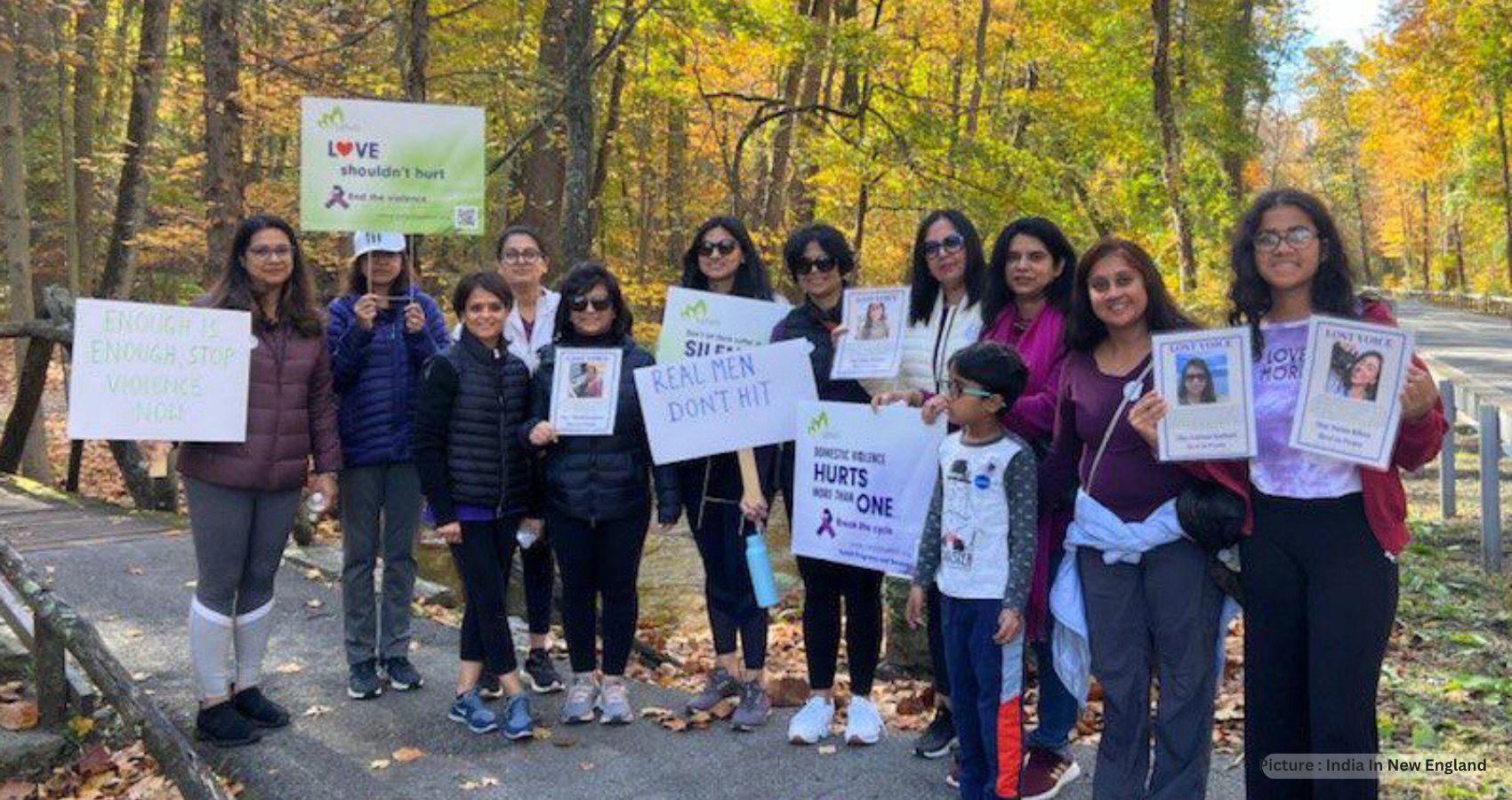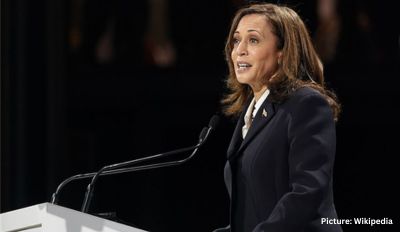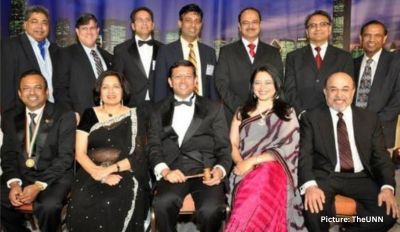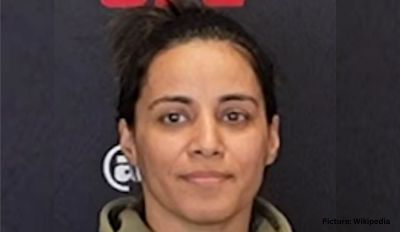Twenty-six years ago, Saheli emerged as a new hope for domestic violence survivors. What once began as a small group of men and women, is now a state-recognized and funded non-profit organization that has given a new life to over 1,000 survivors.
“The need for Saheli’s services kept increasing with the growing South Asian population in Massachusetts. In 2017, the (Massachusetts) Department of Public Health recognized the uniqueness and importance of Saheli’s services by giving Saheli a contract,” Priya Murali, Director of Development at Saheli, told INDIA New England News in an email-interview. “Through this contract, Saheli was able to establish a stable presence by renting an office and adding paid staff. It was the initial impetus for many more foundation and government grants, further strengthening Saheli’s services.”
She added that the community’s outpouring of love and support further assisted Saheli in its expansion and growth.
“We are so grateful to all our supporters who continue to give generously for Saheli to provide vital services to the community,” said Murali.
Saheli received its name from the Hindi word “friend,” and since its founding in 1996 by its two board members—Usha Vakil and Gouri Banerjee, the organization has been nothing but a dedicated and passionate ally to South Asian and Arab women. Throughout the 26 years Saheli has been advocating for, serving, and protecting women, the organization has grown into a pillar of the community.
Through extensive support services, Saheli provides solace to those who are in a dark place. With their unwavering commitment to help and empower women, Saheli fosters a community of resilience and compassion.
Saheli has helped over 1,000 women by providing them with transitional housing, scholarships, legal advocacy, in-house mental health counseling, and much more, according to its website.
Today, 16 staff members passionately dedicate their time to the cause under the guidance and supervision of 17 board of directors and 22 advisory board members. However, the non-profits’ growth is not just intrinsic. Now, Saheli’s outreach has expanded to include Arab women, broadening their multilingual advocacy to include Arabic and opening their arms to more women.
Saheli believes there is still more room to grow and is doing so by extending their services for South Asian and Arabs in the LGBTQ+ community. Taking progressive steps to move towards equality and inclusion, Saheli’s forward-thinking commitment does not end there.
“Saheli would also like to bring back the Men’s Initiative, where men are allies in the empowerment of women and children,” Murali continues to say. Putting a stop to domestic violence in the South Asian community is not just a women’s issue and change will only begin when men actively engage.
Saheli has worked with countless organizations including the India Association of Greater Boston (IAGB) which gave rise to Saheli in 1996. As a non-profit organization, Saheli is active in the community and is heavily connected with local government and law enforcement. Legal advocacy is an integral service Saheli provides for survivors. Fiercely defending them is a lawyer who works closely with the organization. Saheli holds training sessions for law enforcement, legal aid, and law students, making it certain that future survivors have the finest resources available to them.
“The community can help by educating their network about domestic violence,” says Murali, calling for support and effort from the community. “We are looking for partners and collaborators in this work, and the community can aid us in making connections and expanding our network.”
How is Saheli adapting with emerging social change and progressive conversations?
“Saheli has always been at the forefront of advocating for positive social change,” says Murali. “Saheli supports legislative actions that will benefit immigrants and more specifically, immigrant survivors of domestic & sexual violence. Saheli is advocating for two such bills: the tuition equity bill and the act related to coercive control.”
How can you help Saheli?
You can volunteer, attend Saheli events, do outreach for the organization, host events to help increase awareness about domestic and sexual violence. You can reach out to Saheli at [email protected] for more information.










